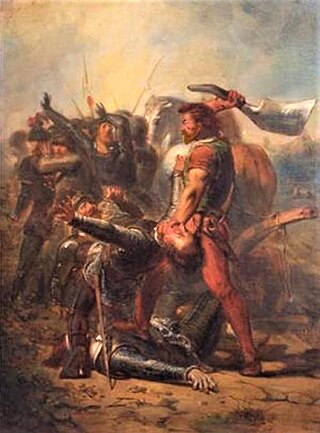Revolution
fundamental change in power or organizational structures that takes place in a relatively short period of time From Wikipedia, the free encyclopedia
Remove ads
A revolution is a very sharp change made to something. The word comes from Latin and is related to the word revolutio (which means turnaround).

Revolutions are usually political in their nature. Some people feel unhappy with their lives, and others are not happy with whole systems. They might join together, share their ideas, and make something change. Often, revolutions include fighting and civil unrest, but there are also revolutions that happen without fighting.
The Soviet Union was started by the Russian Revolution, which killed millions, and the country later fell apart in another revolution without much fighting. However, in the French Revolution (1789), there was much bloodshed, which included the Reign of Terror.
Other events often called "revolutions" include:
- Neolithic revolution
- Industrial Revolution, a shift from an agrarian society to an industrial one(1750).
- Second Industrial Revolution, a shift from horse and wood to electricity and steel
- Green Revolution of scientific agriculture
- Green Industrial Revolution, a shift from consuming fossil fuels to clean energy (Boris Johnson, June 2021, at a G7 meeting)
- The shift from an industrial society to a post-industrial one:
- Cybernetic Revolution (1960- present)
- American Revolution
- Shift from a Communist society to a capitalist one: perestroika in the former Soviet Union (1991-2000).
The opposing idea in politics is called gradualism.
Remove ads
Related pages
Wikiwand - on
Seamless Wikipedia browsing. On steroids.
Remove ads
